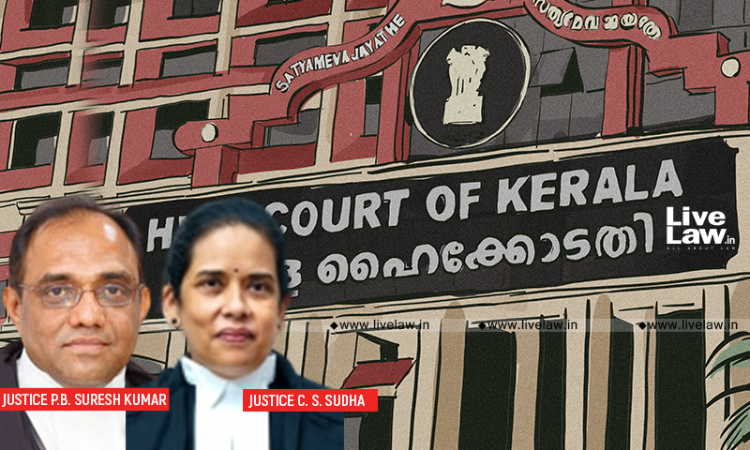Statute 66 Of Calicut University Enables Incumbent In Lower Category To Claim Promotion Only To Immediate Next Higher Grade: Kerala HC
Navya Benny
7 Nov 2022 9:22 AM IST

Next Story
7 Nov 2022 9:22 AM IST
The Kerala High Court last week ruled that Statute 66 of Calicut University (Conditions of Service of the Teachers and Members of Non-Teaching Staff) First Statutes, 1979 enables an incumbent in a lower category to claim promotion only to the immediate next grade.Allowing Kerala government's appeal against a single judge decision, the division bench of Justice P.B. Sureshkumar and Justice...
